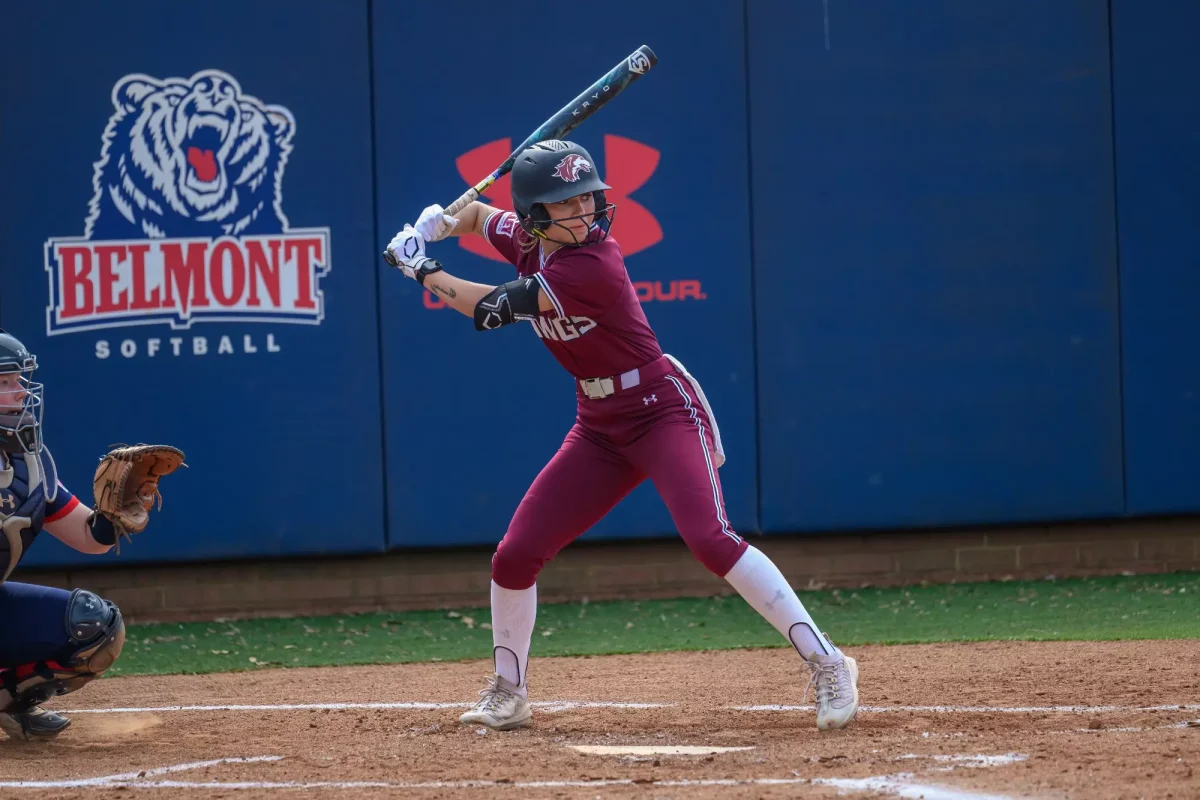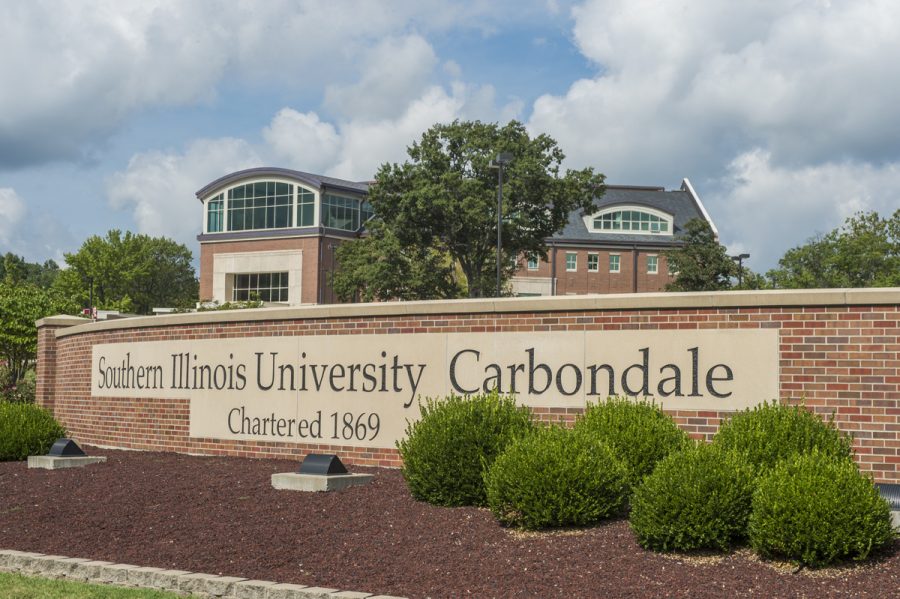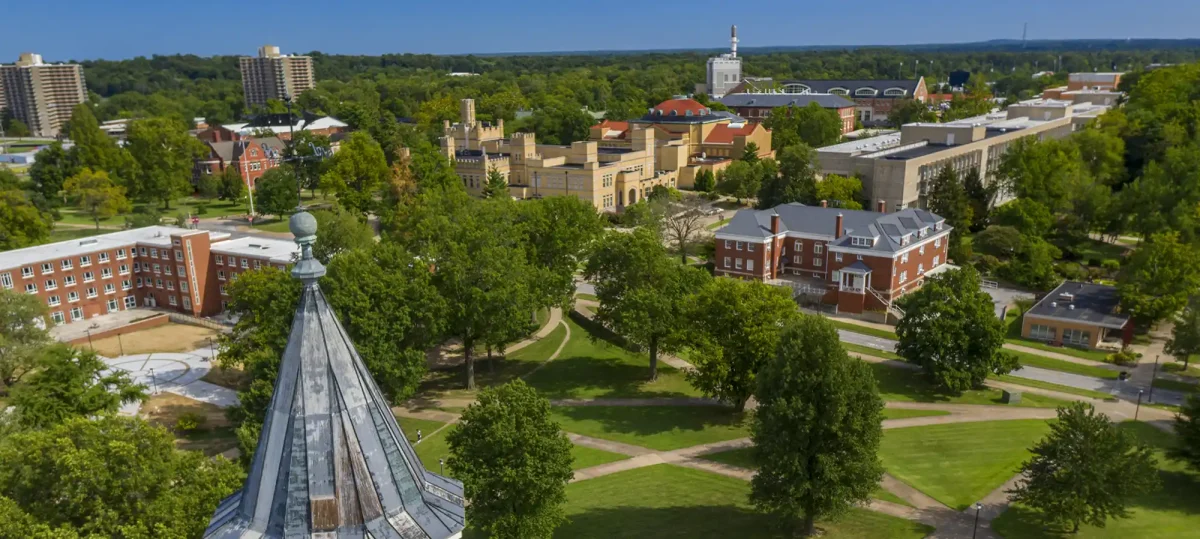Support group helps veterans get acclimated to campus
March 30, 2016
Anthony Pilota, a U.S. Marine Corp veteran previously deployed to Afghanistan, said his first two months on campus was one of the loneliest times of his life.
Many veterans who choose to pursue an education after they leave the services can relate to Pilota, a junior from Homewood studying general management.
In response to this, the Continuing Education office hosted a workshop Monday focusing on ways in which faculty can better understand military culture and challenges the 600 or so veterans on campus might face, such as finances, time management, and psychological and physical challenges.
Advertisement
Transitioning from military to civilian life requires a change of mentality and attitude, so building trust between faculty and students is an important first step in helping veterans adjust, said Paul Copeland, veterans’ services coordinator at SIU.
He said if a student is distracted by loud noises coming from an open window, a teacher may assumed he or she is not concerned with their studies. But Pilota said this supposed uninterested comes from training that demands Marines and soldiers are aware of every detail.
In addition to adjusting from taking orders and working all day to having to planing one’s own schedule, Pilota said it is not easy to fit into classes.
“It’s hard to connect with people when you’re in a classroom full of 18 year olds and you’re a 22-year-old veteran just coming out of war,” he said.
Pilota said he initially had difficulty paying attention in class and struggled with controlling his anger, occasionally have outbursts if students were talking loudly during class.
“When I came here I was really angry for no reason, but then I went to [Veteran’s Integration to Academic Leadership] and they counseled me and they helped me adapt quite a bit,” Pilota said of the student support program, which is funded by U.S. Department of Veterans Affairs.
VITAL partnered with the Marion VA Medical Center to provide a full-time licensed clinical social worker and a peer support specialist for SIU student veterans.
Advertisement*
Licensed clinical social worker Brenda Carter, one of the program’s staff, said while she does see students with post-traumatic stress disorder, she more often sees students with panic disorders, anxiety and depression.
“When you first come here it almost feels kind of depressing,” Pilota said. “You kind of keep to yourself … You don’t want to talk to anyone, you just keep to your studies.”
He said many veterans don’t seek out help, which leads to other problems.
As a part of the VA work-study program at the office of veteran affairs, Pilota said he sees a lot of the struggles encountered by veterans who enter the university right out of the military.
“We found that a lot of veterans were sleeping in their cars until they got their first full GI Bill payment, which usually was about two months after school starts,” said Pilota, who is part of the VA work-study program at the university’s veteran services office.
For the same reason, he said many can’t afford to buy books right away, which increases their potential of falling behind in class.
However, because of federal budget constraints, the VA will no longer provide two full-time workers in the fall, Copeland said.
He said he does not know if the program will continue, but is hopeful it will proceed at a reduced level opposed to none.
Pilota said he has contacted state senators to ask for funding to maintain the program.
“If [the program] leaves, a lot of transitioning veterans won’t have anyone to go to on campus to help them with their learning or whatever their social difficulties are,” Pilota said.
Anna Spoerre can be reached at aspoerre@dailyegyptian.com or 618-536-3325.
Advertisement









